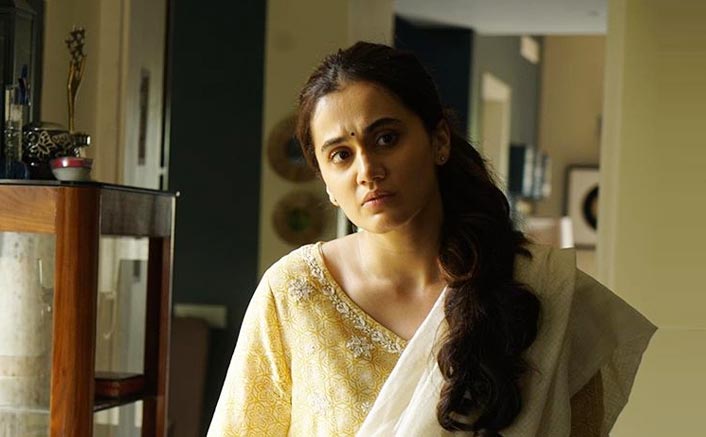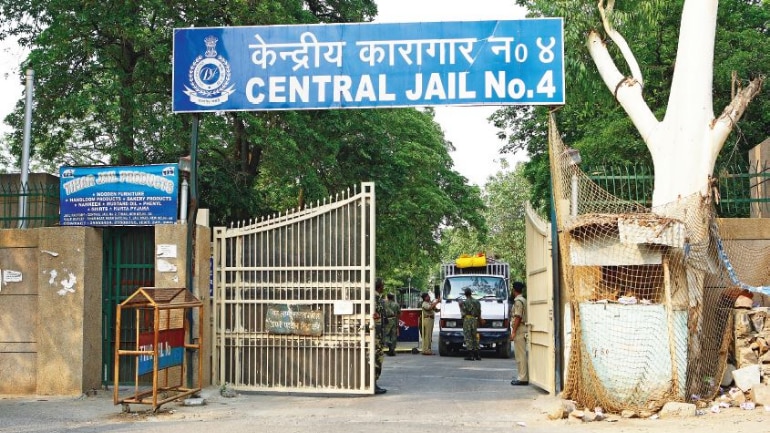Anubhav Sinha’s Thappad is a film that is extremely important in terms of its message, purpose and commentary on Indian society and its patriarchal orientations. If one were to explain the main theme of the film it would be that you cannot slap a woman and expect her to ignore it and move on. It reiterates the point that a woman is a dignified, fully evolved, decisive individual with a claim to freedom of choice and nobody can treat her as if she were an object merely for sexual gratification or social display.
What is however interesting to note is the fact that a film carrying this message had to be made for the Indian audience even in 2020 and at a time when we call ourselves liberal, progressive and modern. The fact that there is a need for such films even today points out at a very grim picture of Indian society and its treatment of women.
The film reminds us that women are still not treated equally to men and neither are they allowed their dues in the society. This holds true not only for families of the poor, illiterate ad uneducated people but also for the more prosperous, professional class which ends up replaying the stereotypical gender roles but with greater sophistication and pretence.
The woman in our society is put behind the bondage of ‘sabhyata’ and made to succumb to expectations, roles and ideals governed by a patriarchal social order.
The film tells us that if one were to be an ‘adarsh bahu’ or an ideal wife/daughter-in-law, as Amrita(Taapsee Pannu)is, it is her job to ensure that her elderly mother-in-law’s blood sugar level is frequently checked, supervise the kitchen, escort the husband to the car and not forget to hand over his wallet and packed lunch as he leaves for his busy professional commitments. Most importantly all this has to be done with a docile demeanour, a smile, feminine grace every single day. It becomes clear how dependent her husband is on her and how contented she is by just looking after her family. The power imbalance and her self-imbalance are highly evident, they seem to be a happy couple until everything changes forever.
Just as the film puts it beautifully, in this compulsive and often taken for granted role expectation from women, society ends up denying them the right to unfold their own inner potential and give themselves to the world professionally and creatively. In the film, amidst the pressure of domestic and familial responsibilities, Amrita recalls her love for dance and how she once dreamt of becoming a well known dancer. Now she has left all those dreams behind just like all duty bound wives and daughters-in-law are expected to. Her only moment to herself amid the hustle bustle of domestic responsibility is her cup of tea in the morning with a breath of fresh air in the open.
Thappad resonates with the audience and tells the story of India even in contemporary times. It is the story of how patriarchy is handed down from generation to generation and how women in most cases, continue to remain its passive consumers. The tone of the film completely changes after a fateful slap, in full view of family and guests. Amrita is slapped by her husband and nobody except her sees it as a big problem. Amrita responds by self-soothing and when that doesn’t work, she turns to her own parents and brother for the homely comfort. Thappad is a simple story about an upper middle class couple from Delhi. The wife is seen questioning whether it is alright for her husband to slap her. But Thappad doesn’t just stop at the question. The core of the story deals with the vulnerability of the human ego and the fragility of the marital bond. Thappad hits your consciousness and makes you think.
It is no surprise that even her own mother convinces her about the importance of “rishtey nibhana”(fulfilling one’s relational responsibilities) and “wohi tumhara ghar hai”(your husband’s house is your house after marriage). These are the most effective parts of the film. Here the film portrays how the society always keeps dictating women how they should feel, think and behave and how they should always learn to keep their feelings in check and how not to give into them. What is interesting is that it is not just Amrita who is dealing with a husband who seems to be venting out his workplace frustration on her.
Even her lawyer who is a woman, mother-in-law and her mother have dealt with their own disappointments, the indignities they have suffered in the hands of patriarchy and the pains of crushed dreams.These affluent women suffer the indignities imposed by patriarchy just as much as the maid who works for them and is routinely beaten up by a drunken, abusive husband. It is Anubhav Sinha’s creative craftsmanship that allows him to weave distinct stories together, in a beautifully flowing narrative. Sinha’s narrative about Maya Sarao(Amrita’s lawyer) is also nuanced. She is a tough divorce attorney in her professional life but suffers in her own broken marriage. Even the domestic help, Geetika Vidya is seen stuck between fighting for basic self-respect and getting beaten up by her husband. She accepts the status quo and argues that if this could happen in more educated and more prosperous households, it could happen easily to a woman of her class too.
The film conveys a message that domestic abuse and indignity to women is rampant across class and age and Sinha lays everything on the table.
The husband and wife have a lot of emotional hardship coping up with the separation and this painful journey is filled with intricacy and tears.
Pannu has done a remarkable job and her performance is brilliant. Even the role of her lawyer Sarao played by Dia Mirza comes across beautifully in her own interactions with her dismissive spouse and house helper. The main characters of the film are all depicted with great craft and imagination, making them as close to reality as possible.
Anubhav Sinha has indeed come up with a very important film and shows how India has been silencing out its women for generations. Most importantly it reminds us that unlike what patriarchy would like us to believe, women are not objects and cannot be seen as toys in male hands. And when a woman reclaims her self-respect and makes up her mind to say “no”. It means Not Even One Slap. This is a story of a woman who reclaims her dignity and breaks free from the shackles of oppressive patriarchy, fighting for her right to dignity.
Anubhav Sinha’s film is compelling, crucial and a must watch for all!














